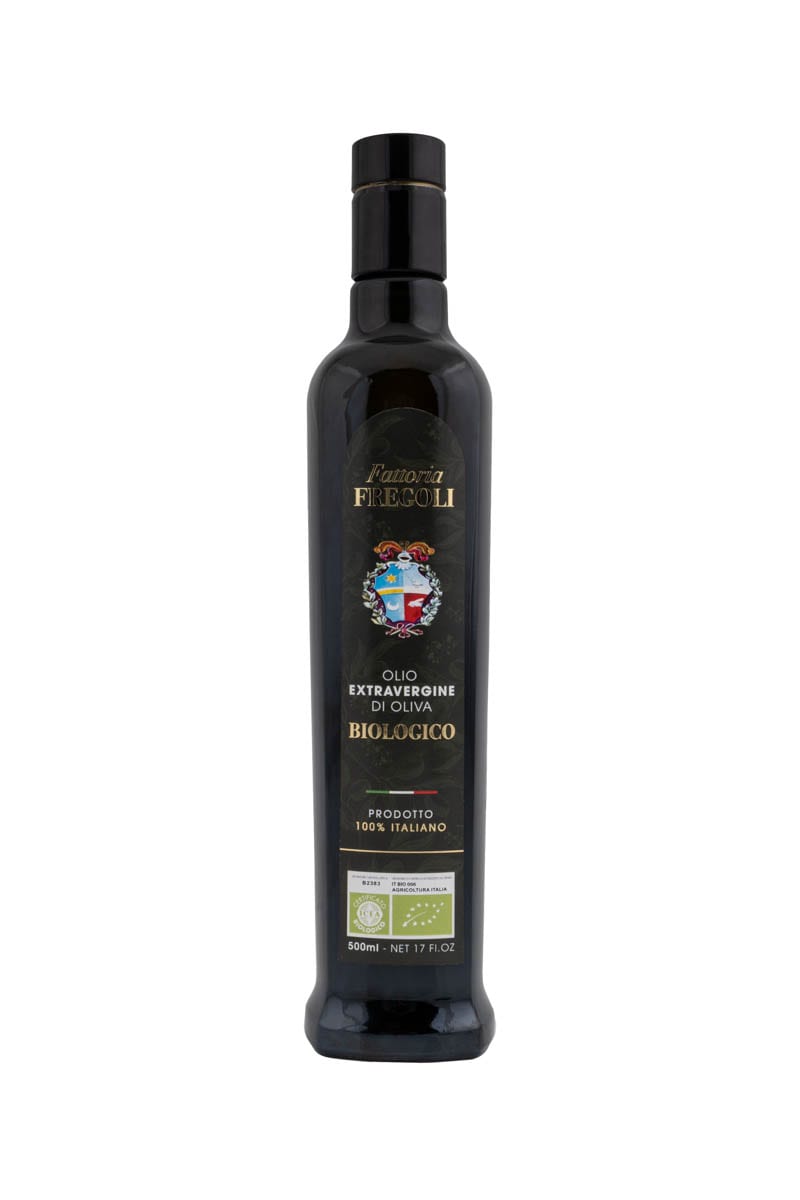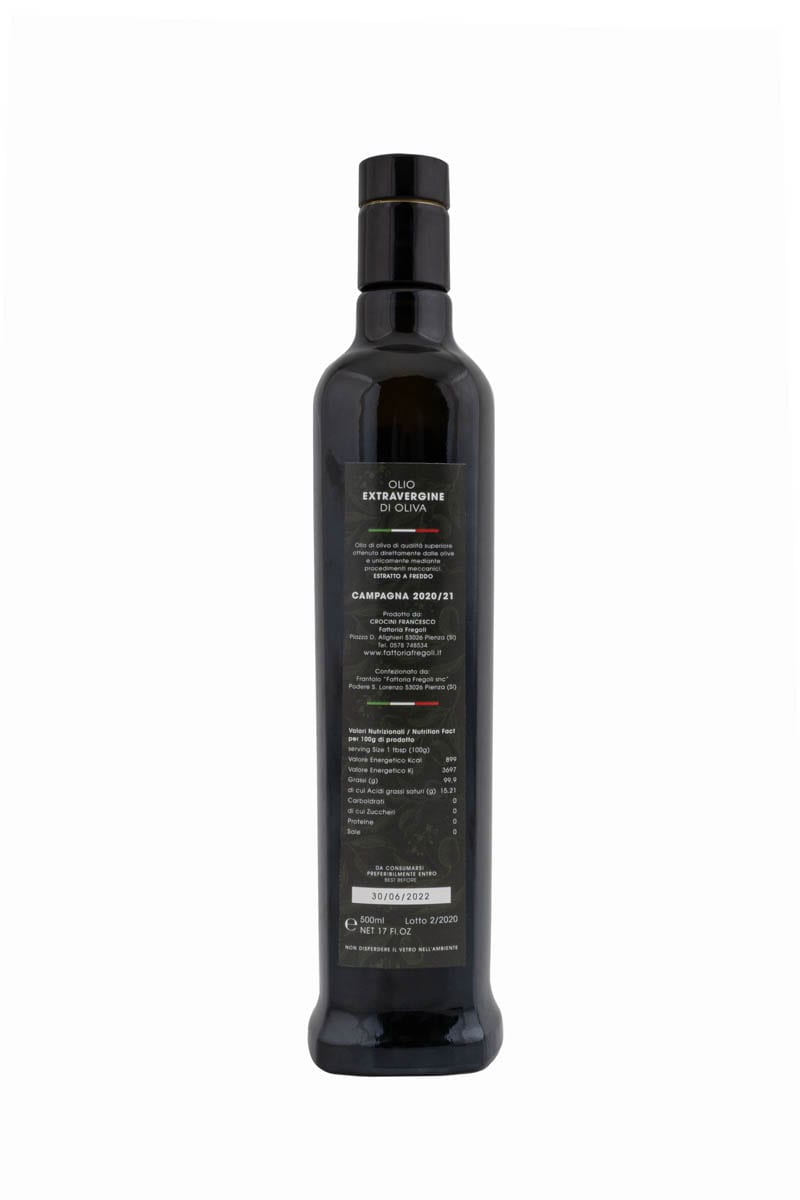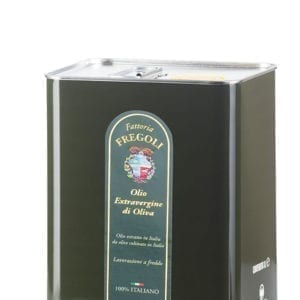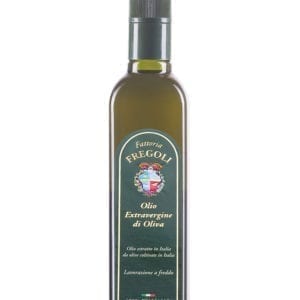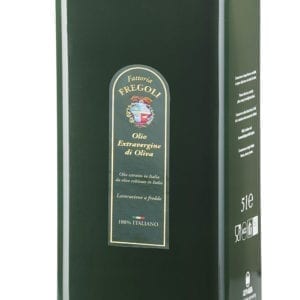
6x Oil NEW 2024-25 Bottle BIOLOGICAL 0,5 liters (16,9 fl oz)
30 October 2020
6x Bottle of Rosso di Montalcino DOC Palazzesi
29 December 2020The word “organic” derives from the Greek “bios” and means life.
for years the company has cultivated its land according to organic regulations, without the use of chemical principles,
Organic farming is a type of sustainable agriculture, which exploits the natural fertility of the soil, favoring it with limited interventions, aims to promote the plant biodiversity of olives, excludes the use of synthetic products and genetically modified organisms (GMOs).
The objective is to guarantee the consumer the authenticity and identification of the product which must be distinguished as subject to the control regime, from the production phase to the marketing phase in accordance with the regulations relating to the organic production method.
The term quality can have various meanings. The quality of organic products can be described from the point of view of:
– nutritional quality
– organoleptic quality
– healthcare quality
– environmental quality
– social quality
ORGANOLEPTIC QUALITY.
Other research has addressed qualitative differences in terms of sensoriality, i.e. consumer preference based on taste. These are factors that give variable results due to methodological problems. In general, however, it emerges that the factors that influence taste are:
– Cultivars
– Soil
– The climate
– Cultivation system
– Seasonality
– Conservation methods
Preservation of our ecosystem. Organic food supports wildlife habitat. Soil conservation and crop rotation keeps farmland healthy and reduced chemical use preserves the ecosystem.
Defense of agricultural biodiversity. The greatest fear of the new millennium is the disappearance and consequent extinction of different plant species. Many organic companies work hard to create a varied range of both natural and traditional crops and seeds. Biodiversity is an essential element for the survival of all species.
Direct support for agriculture. Choosing organic foods grown on small-scale organic farms helps ensure the livelihood of independent farming families. Furthermore, purchasing organic food is an investment to safeguard the ecosystem of tomorrow: shopping at km0 serves to protect the environment around us.
A safe future for our children. Our choices today can create a solid foundation for the future of generations to come. The small daily gestures that help preserve the ecosystem and our organic philosophy can create a better future for the adults of tomorrow.
Reduction of pollution. Organic agriculture protects our water and land by renouncing the use of chemicals, pesticides and synthetic fertilizers that are slowly contaminating our natural environment.
| Weight | 15 kg |
|---|
Related products
-
Add to cart
4x NEW OIL 2024/25 Can EVO 3 liters (101 fl oz)
204,00€190,00€ -
Add to cart
12x Oil 2023/24 Bottle EVO 0,5 liters (16,9 fl oz)
75,00€66,00€ -
Add to cart
4x Oil 2023/24 Can EVO 5 liters (169 fl oz)
250,00€240,00€

